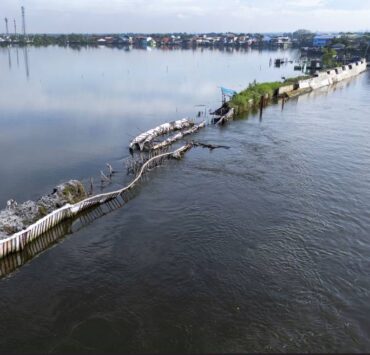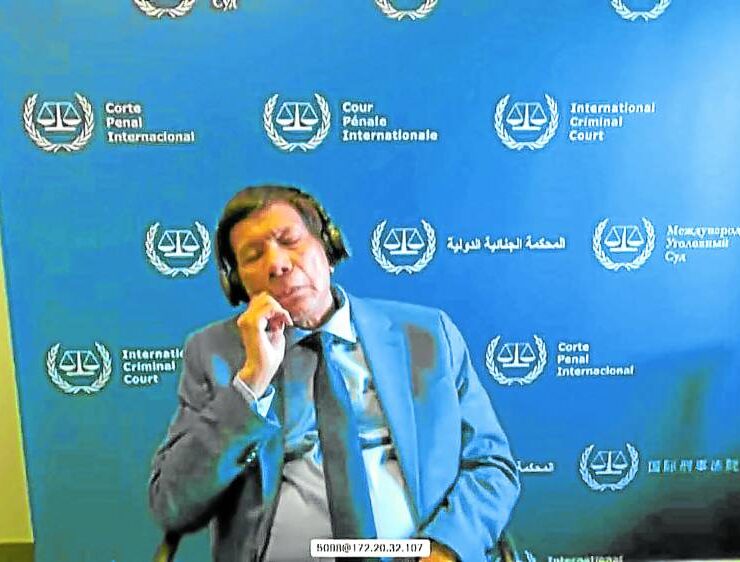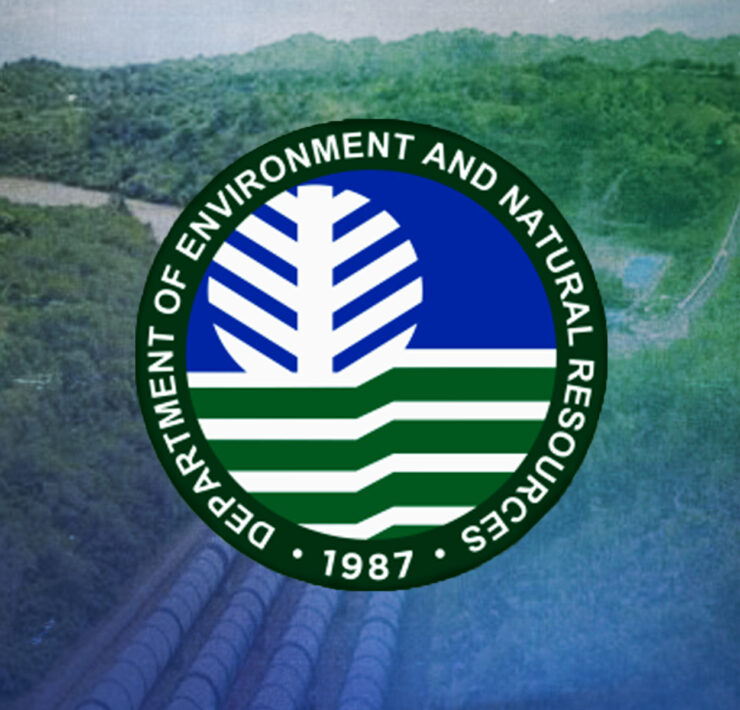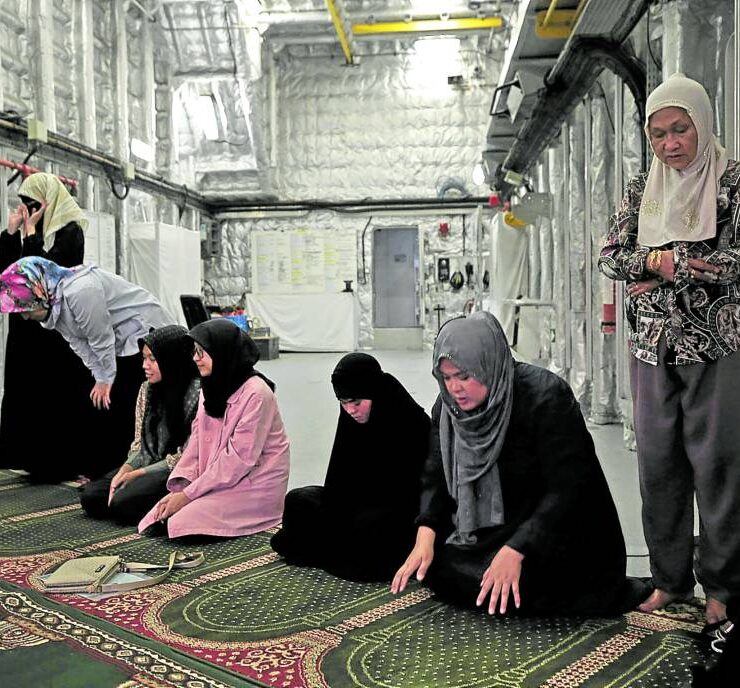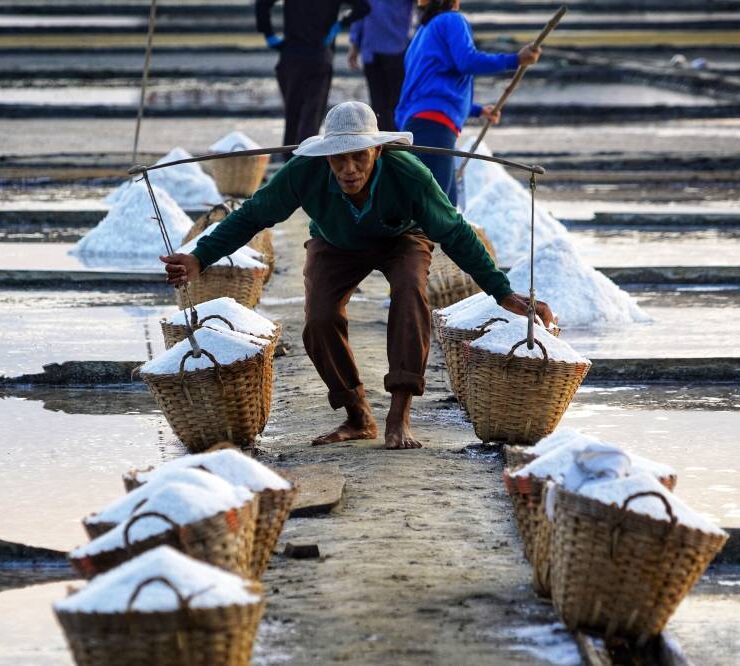Ex-SC justice leads body probing gov’t infra mess
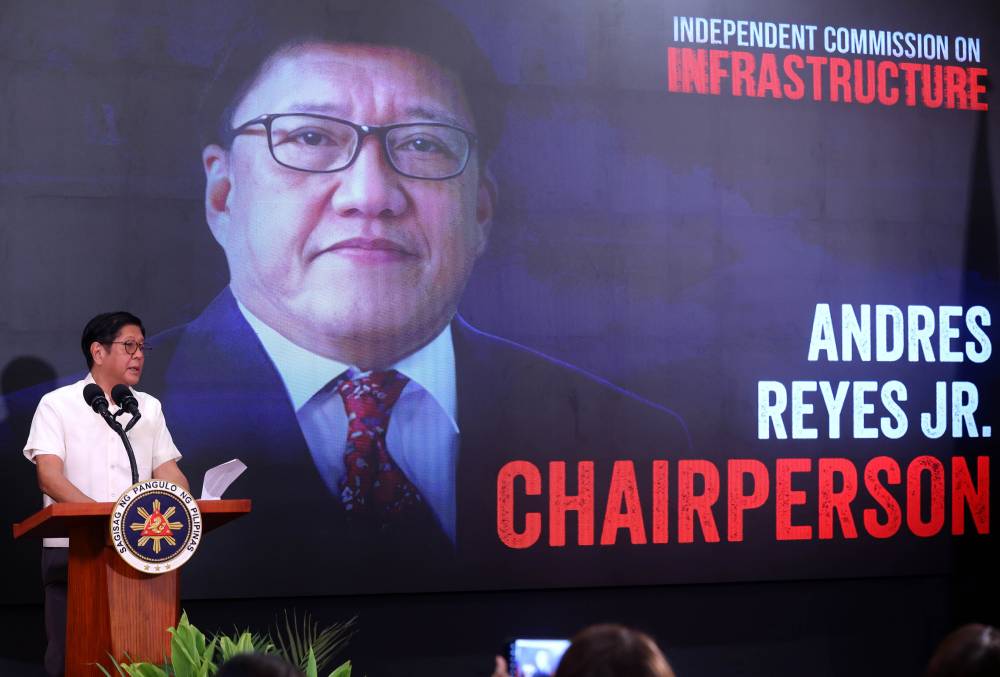
President Marcos on Monday named Andres Reyes Jr., a retired associate justice appointed to the Supreme Court by his predecessor, Rodrigo Duterte, to head the three-member Independent Commission for Infrastructure (ICI) that will investigate corruption in government infrastructure projects.
Reyes will be working with Rogelio Singson, the secretary of the Department of Public Works and Highways (DPWH) during the term of the late former President Benigno “Noynoy” Aquino III, and Rossana Fajardo, country managing partner of auditing firm SGV & Co.
Baguio City Mayor Benjamin Magalong, who is not resigning from his local government post, will serve as the ICI’s special adviser and investigator.
In a press briefing in Malacañang on Monday, the President described the 75-year-old Reyes as having “a very good record of honesty and fairness, and a good record of being able to find justice for those who have been victimized.”
Reyes was appointed to the Supreme Court by Duterte on July 13, 2017, and left in May 2020 upon reaching the mandatory retirement age of 70.
Prior to this, he served as presiding justice of the Court of Appeals (CA) beginning Feb. 10, 2010. He joined the appeals court in 1999 after serving as a trial judge since 1987.
A third-generation justice, he is the son of former CA Presiding Justice Andres Reyes Sr. and a grandson of former Supreme Court Associate Justice Alex Reyes.
According to Senate President Pro Tempore Panfilo Lacson, the ICI is in a “good position to bring justice to a nation drowning in corruption” with the appointment of Reyes as its chair.
Daily meetings
Mr. Marcos quoted what Reyes had told him during their talk on Sunday: “We have to make it nothing less than a turning point in the conduct of governance in the Philippines. We have to make a change and it is a fundamental change in the way that we do business.”
The ICI members were scheduled to hold their first meeting on Monday, where they were set to make “organizational decisions,” including the composition of its secretariat that will manage the body’s day-to-day operations.
“I’m very encouraged because when I spoke with them, all of them agreed that we need to act quickly and get something done as soon as possible,” Mr. Marcos said. “We can’t let all the information provided by the public in the Sumbong sa Pangulo website to just go to waste. And that’s why they have to meet as often as possible.”
The President said the ICI members will meet “every day privately. I don’t know if they plan to hold hearings in public. It is all up to them.”
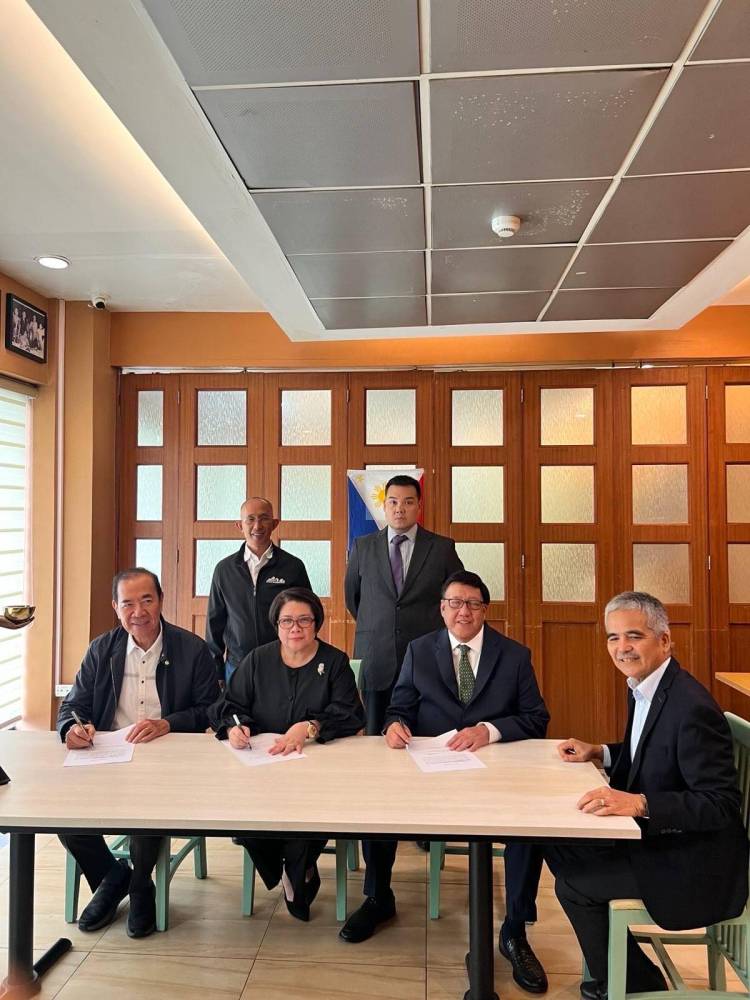
No sacred cows
In the same briefing, Mr. Marcos vowed that there would be no sacred cows when it comes to the investigation of the ICI, not even his own cousin and close political ally, Speaker Martin Romualdez who leads the House of Representatives.
“Well, there’s only one way to do it—they will not be spared,” the President said.
“No one will believe us when we just say empty words that we are not taking sides, not helping anyone. Nobody believes until you act, so now we are taking action,” he added.
According to Mr. Marcos, the ICI will be fully independent and the executive will not meddle with its work.
“We will, of course, be in discussion with them. We will ask them for updates, what they found out, what are we doing next. But we are not about to direct them as to how they are going to conduct their investigations,” he pointed out.
The President was also open for the ICI to make suggestions and proposals, including changes in the bidding process “so that the same mistakes would not happen again.”
The backbone of the ICI, according to Mr. Marcos, is its total independence, ensuring that it cannot be influenced by government officials who may be involved in the recently exposed corruption in flood control projects.
The same, he said, cannot be said for the Senate and the House, whose members have been linked to the controversy.
“That’s something that cannot be said if, for example, the Senate conducts an investigation… well, many senators are mentioned; if the House conducts the investigation, many congressmen are also mentioned,” he noted.
10-year coverage
Mr. Marcos formed the ICI to look into irregularities in infrastructure projects during the last 10 years—spanning from the last year of the Aquino administration, the entire term of Duterte, and the first three years of his term—in order to hold accountable all liable individuals for the misuse of public funds.
Created through Executive Order No. 94 issued on Sept. 11, the ICI has been granted subpoena powers to call witnesses and gather documents but will not exercise contempt powers, with the President saying these were “not necessary,” as the commission is designed to be an investigative, not prosecutorial, body.
Based on the findings of the ICI probe, it will recommend the filing of appropriate criminal, civil and administrative cases before the Office of the President, the Ombudsman, the Department of Justice, and the Civil Service Commission.
Lawmakers from the minority bloc have urged the President to certify as urgent a bill that will give greater powers to the independent commission probing anomalous infrastructure projects, if he is serious about the fight for transparency.
They reiterated the need for House Bill No. 4453 despite the creation of the ICI, noting that the proposed Independent Commission Against Infrastructure Corruption Act of 2025 details the powers and functions of the body, some of which are not available to the ICI.
LGU acceptance
While the results of the ICI probe will take some time, President Marcos already instituted reforms to lessen, if not prevent, corruption in the 2026 national budget.
The allocation for flood control projects under the 2026 National Expenditure Program will be reappropriated to education, health and other departments.
All the insertions and changes at the spending bill can only be made to benefit the list of priority sectors, agencies and programs the President has identified, including projects in the education, agriculture, health, housing, information and communications technology, labor, social and energy sectors.
He also ordered all government agencies to reinstate the “acceptance” process by local government units (LGUs) for completed projects, ensuring these are finished and at standards before turnover. —WITH REPORTS FROM TINA G. SANTOS, GABRIEL PABICO LALU, ZACARIAN SARAO AND INQUIRER RESEARCH














